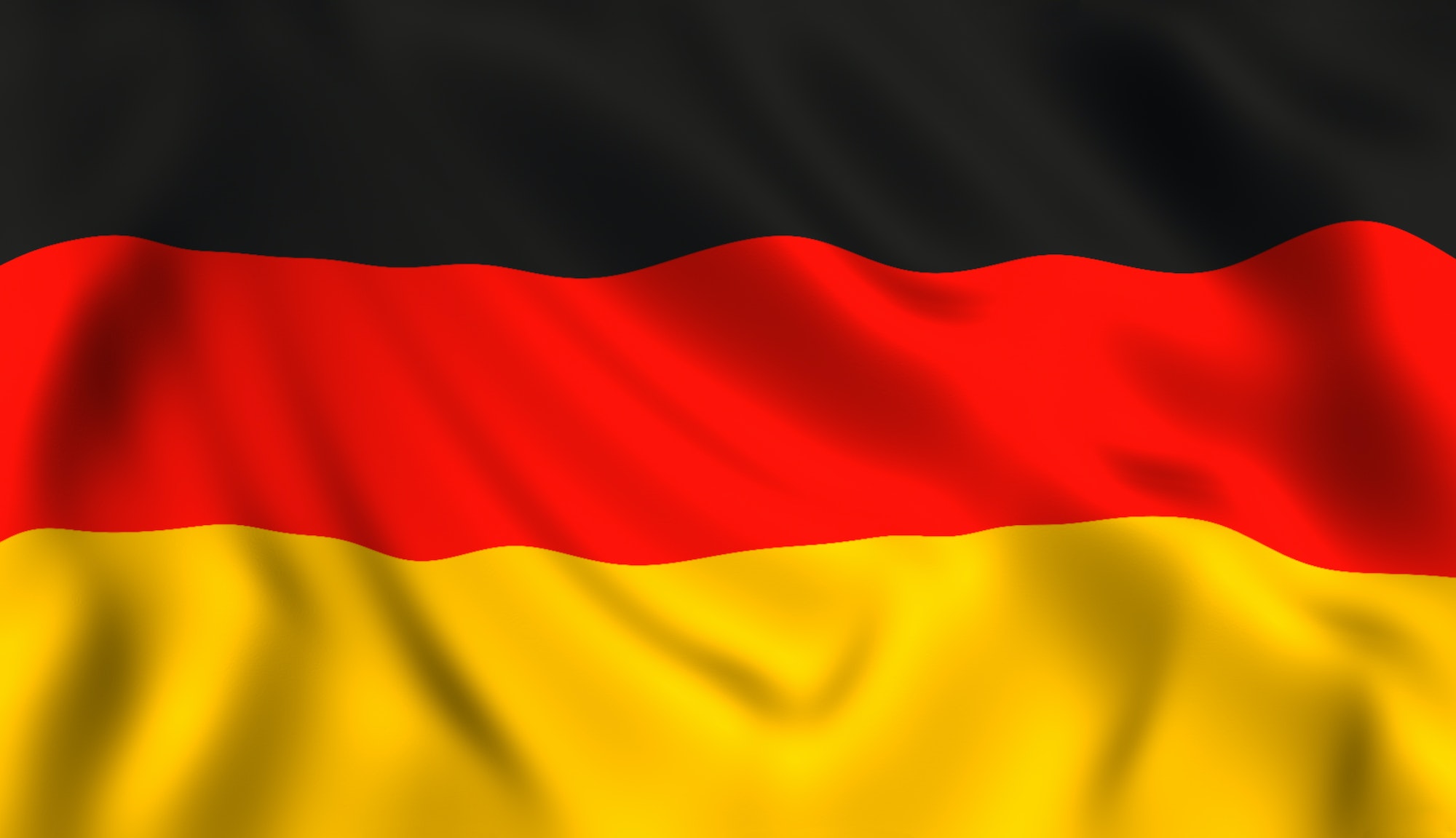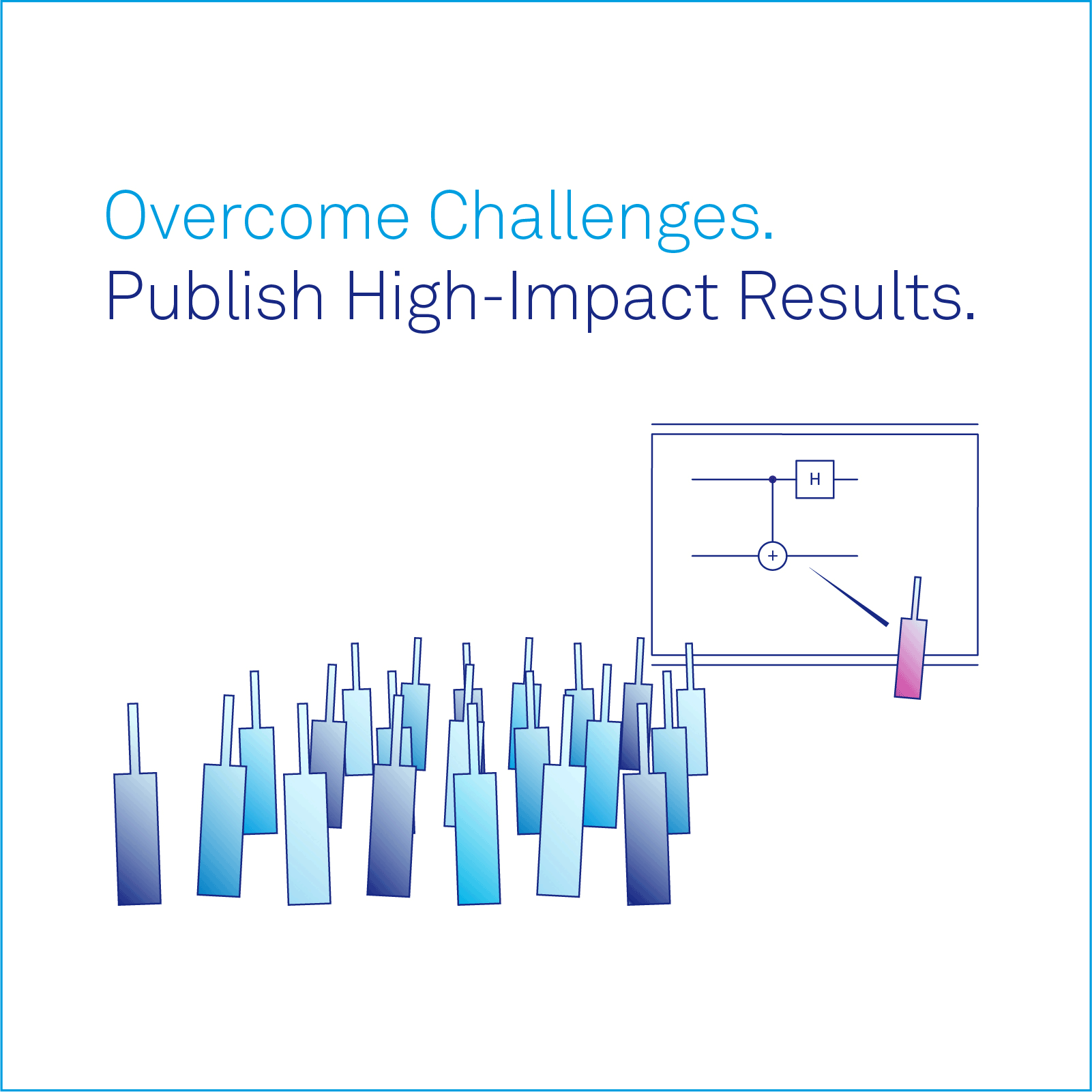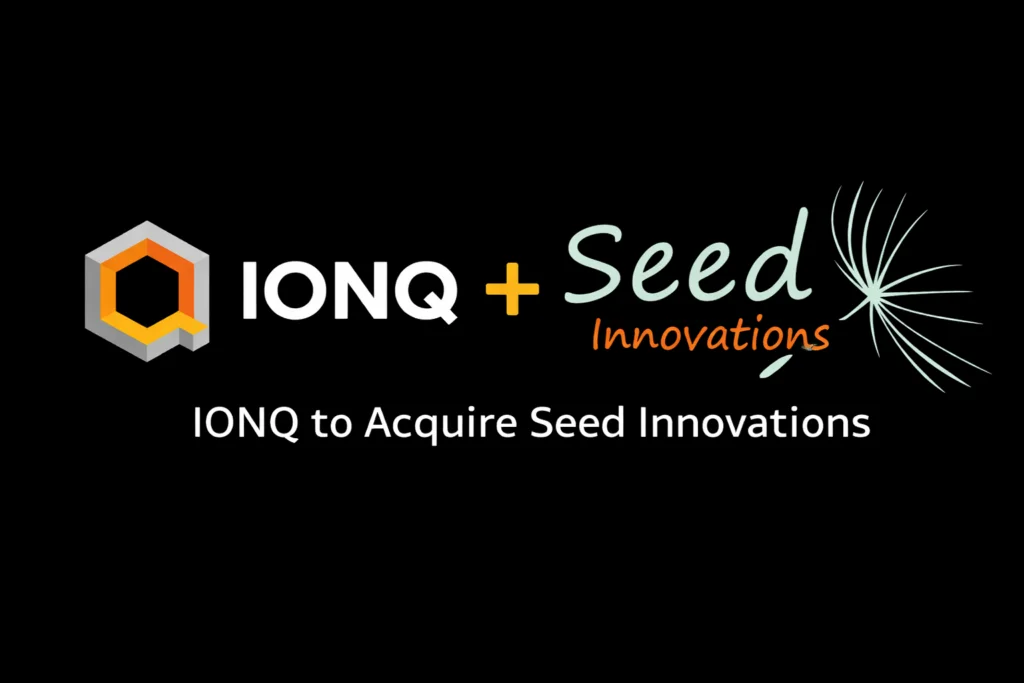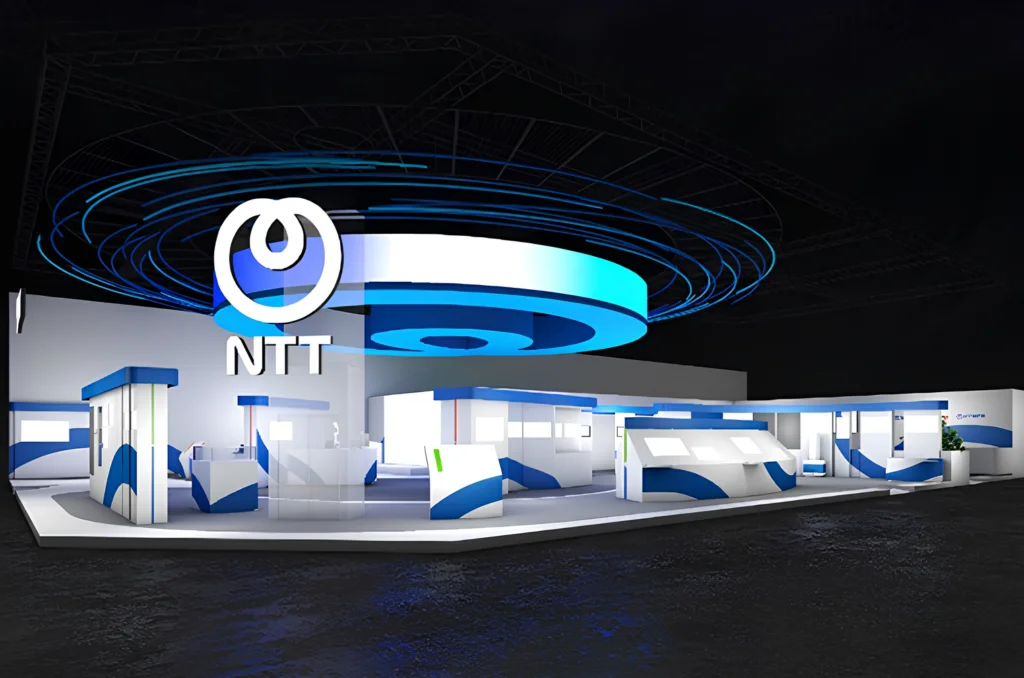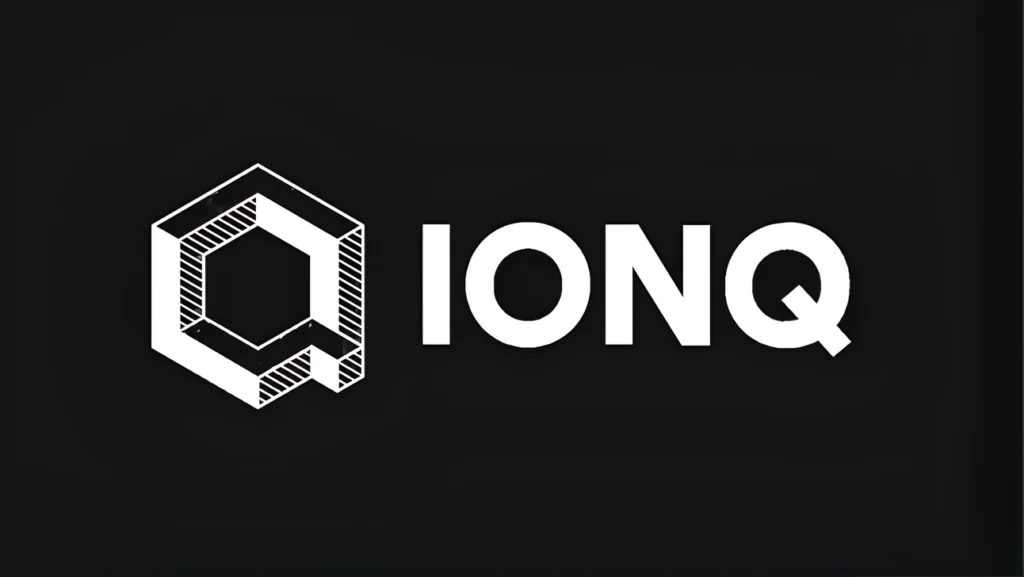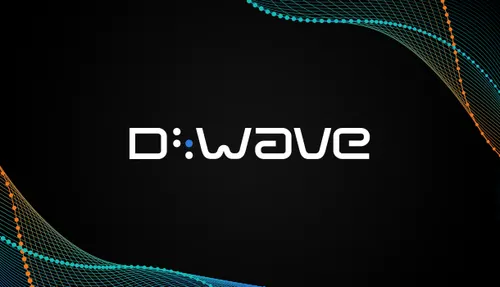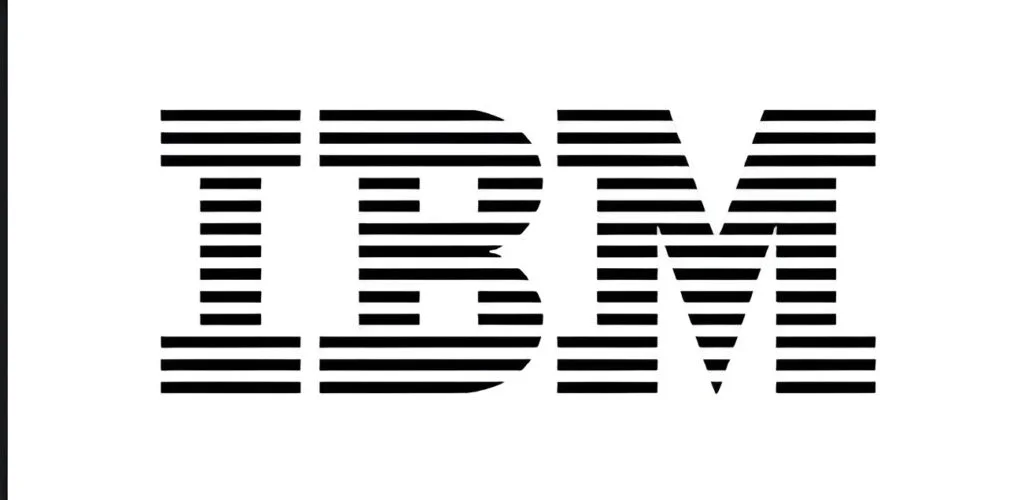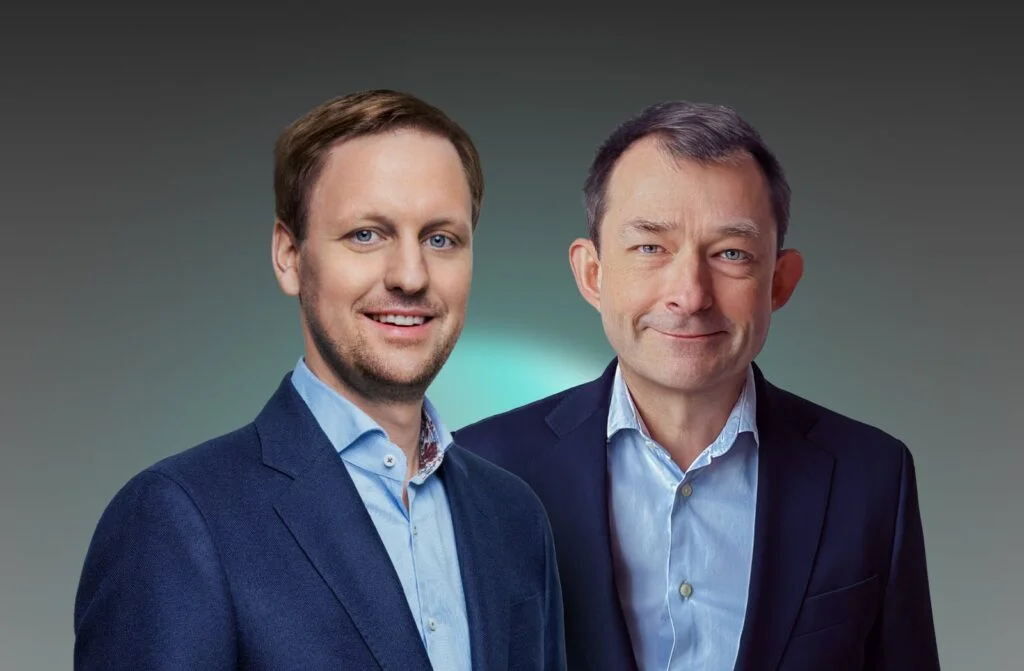Insider Brief
- Germany is set to invest a total of 3 billion euros in the development of a universal quantum computer by 2026.
- Officials say that quantum technology is crucial for Germany’s technological sovereignty.
- The quantum computer is expected to house around 100 qubits by 2026 — and eventually reach 500 qubits in the near term.
Germany’s action plan for quantum technologies is set to invest a total of 3 billion euros in the development of a universal quantum computer by 2026, according to the federal government’s “action concept for quantum technologies,” according to German media.
The aim is for Germany to catch up with international development in the US and China. Of the 3 billion euros, the lead research ministry will receive 1.37 billion euros of the funds, with an additional 800 million euros in the budgets of state-financed research institutes. The cabinet is expected to launch the concept by the end of April.
Federal Research Minister Bettina Stark-Watzinger said that quantum technology is crucial for Germany’s technological sovereignty. The aim is for the development of a quantum computer to trigger further investment in the industry.

“With the action plan, we in Germany want to secure a place at the top of the world in quantum technologies and our technological sovereignty,” said Stark-Watzinger.
The planned German quantum computer should have a capacity of at least 100 qubits by 2026 and be expanded to 500 qubits “in the medium term”. This is a smaller capacity compared to, for example, IBM in 2022. However, with a total of around three billion euros in funding, German technology reporters suggest that that Germany is positioning itself at the top end in a European comparison.
More Than A Quantum Computer
The initiative is more than just about Germany’s capacity to build a quantum computer, but it’s also a commitment to build a quantum ecosystem and a quantum industry. The plan lists five goals:
- To secure and expand Germany’s innovative power and technological sovereignty in quantum technologies.
- To work towards the development and production of marketable products.
- To contribute to addressing societal challenges in climate research, energy, health, mobility, and security with quantum technologies.
- To educate and attract skilled workers and develop Germany as an attractive employment location for quantum technologies.
- To introduce people to quantum technologies, convey the opportunities, and show the impacts.
- To ensure a coordinated, joint approach by the federal government.
Quantum computers are considered to be the future key technology as they can perform calculations in seconds, which would take powerful conventional computers years. While traditional computers pass information in bits, quantum computers use qubits, which can take any value between zero and one, making them more powerful.
According to Stark-Watzinger, eventually quantum computers could help perform tasks that include simulating new drug compounds, secure communication, and innovative sensors for detecting contaminated ordnance or navigation without satellite support.
Germany’s economy would also benefit from software development, component construction and the use of quantum technology, says Wilhelm-Mauch.
The action plan is available — in German — here.
If you found this article to be informative, make sure to explore more of the current quantum news here.
For more market insights, check out our latest quantum computing news here.

